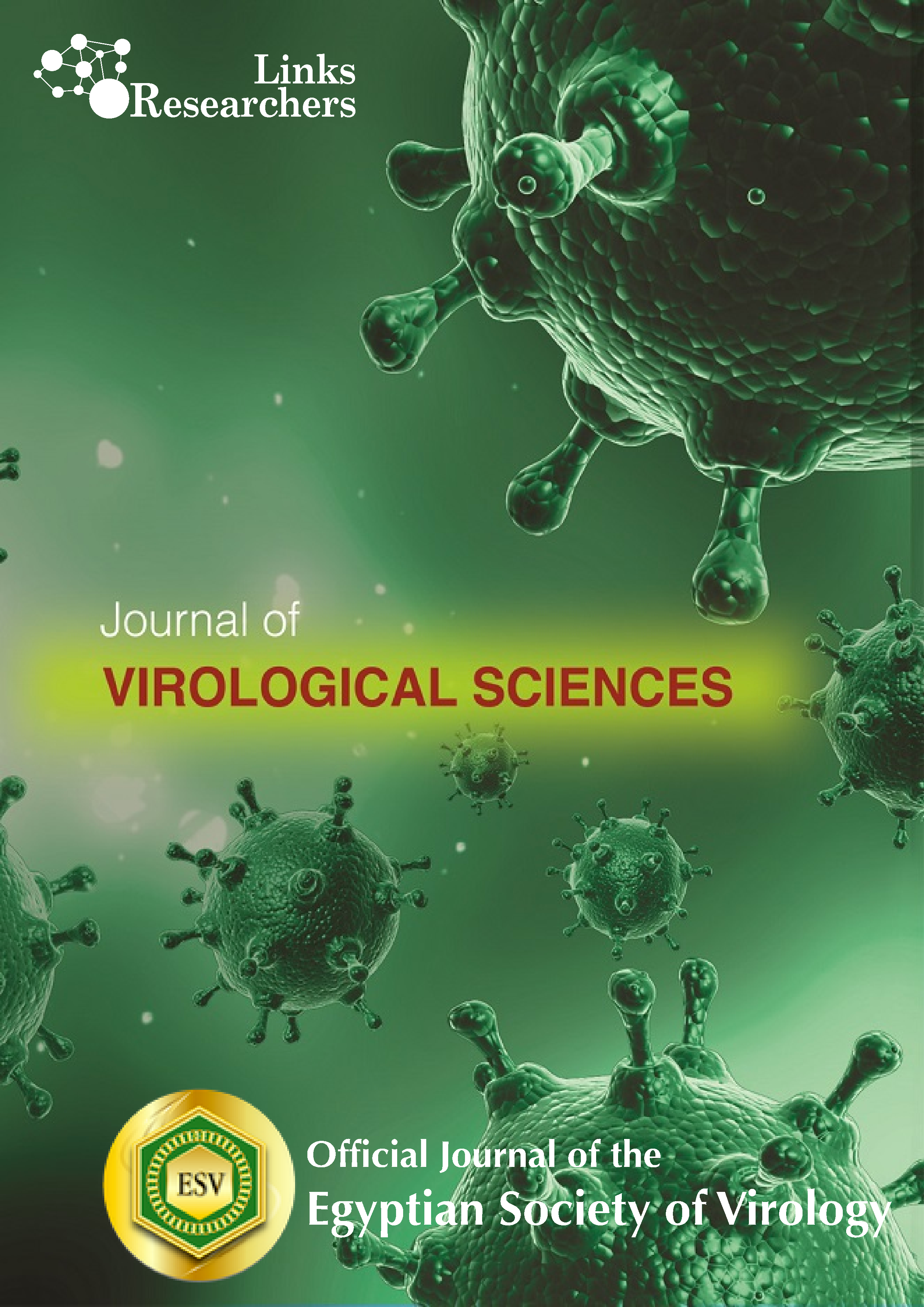ABSTRACT
The most effective way to prevent infectious viral diseases is through vaccination. The use of mRNA technology in vaccine development has proven to be a highly effective approach that can be utilized to rapidly develop vaccines against infectious viral pathogens. This technology has the potential to revolutionize vaccine development, offering a more efficient and cost-effective approach that can be tailored to specific viral strains. Moreover, mRNA-based vaccines offer several advantages over conventional or molecular-based vaccine types. The mRNA vaccine only encodes the target viral protein, with no infection hazard or even nucleic acid integration. Furthermore, mRNA vaccines can stimulate both specific cellular and humoral immunity in a short time scale to combat a life-threatening or emerging viral disease. This review will comprehensively cover the recent advances in mRNA vaccine production, the delivery methods, and the essential compositions added to the mRNA vaccines to enhance efficacy and stability. This information ultimately would pave the way to better thinking to combat viral infectious diseases.
To share on other social networks, click on any
share button. What are these?




